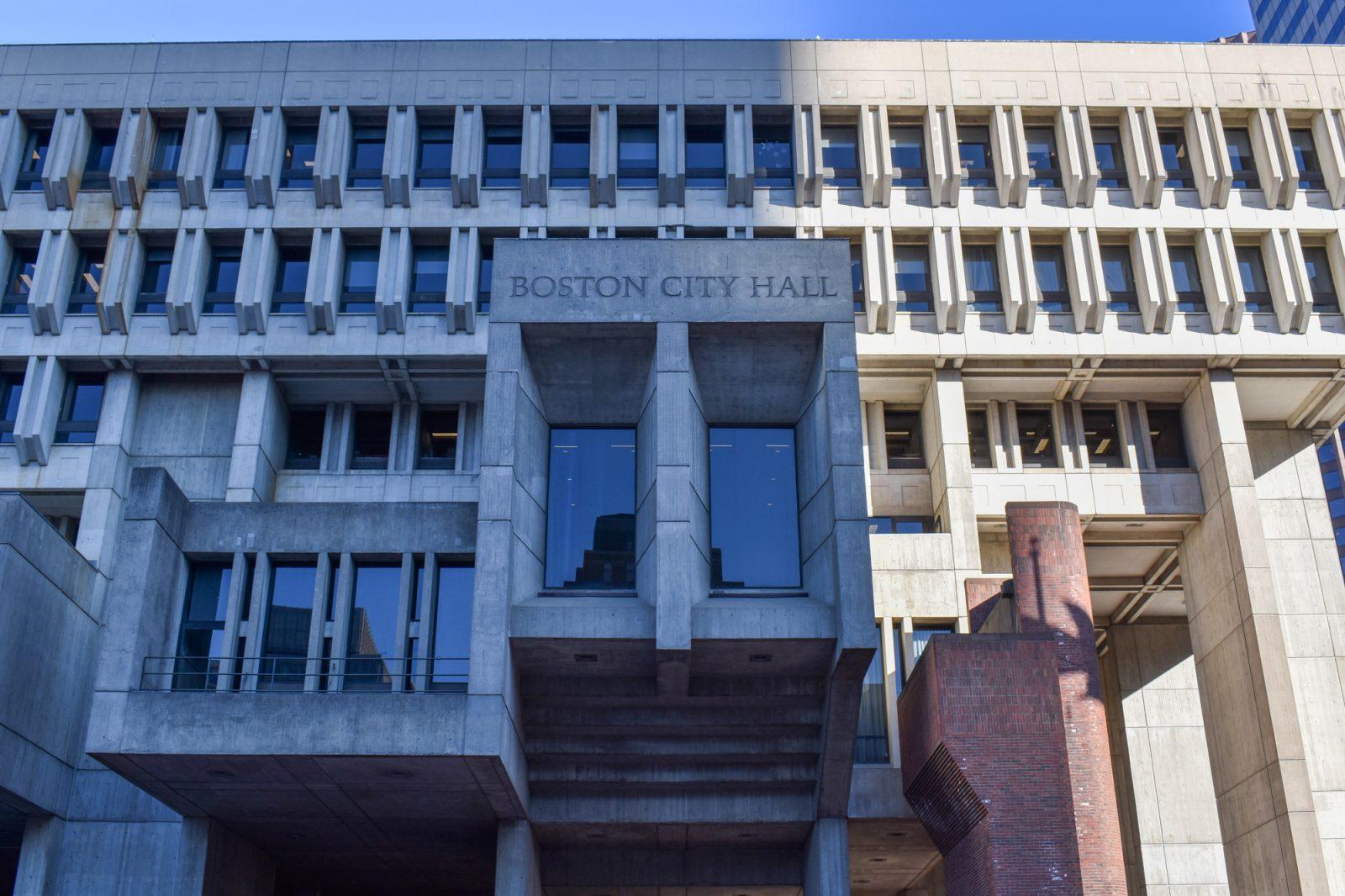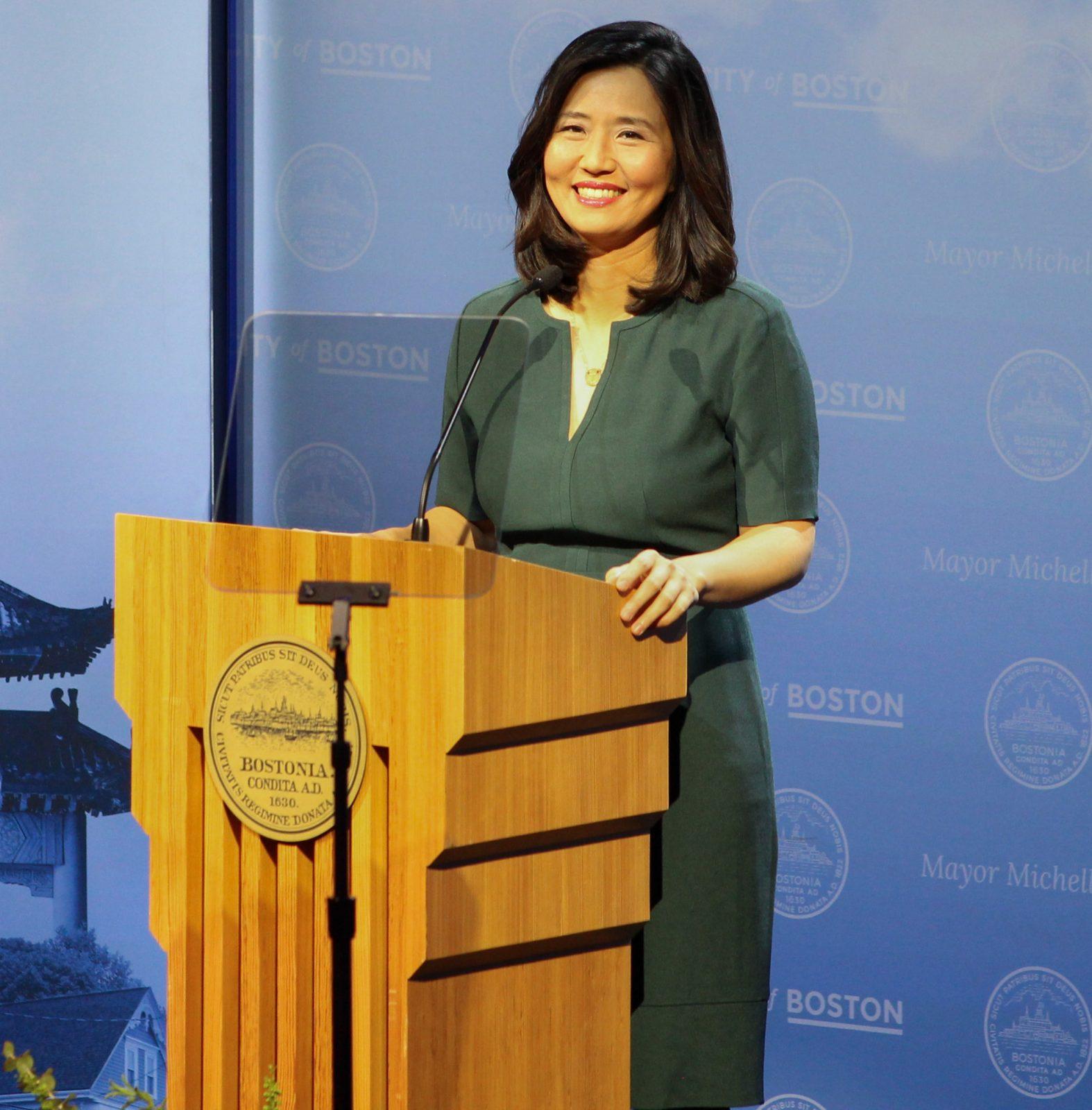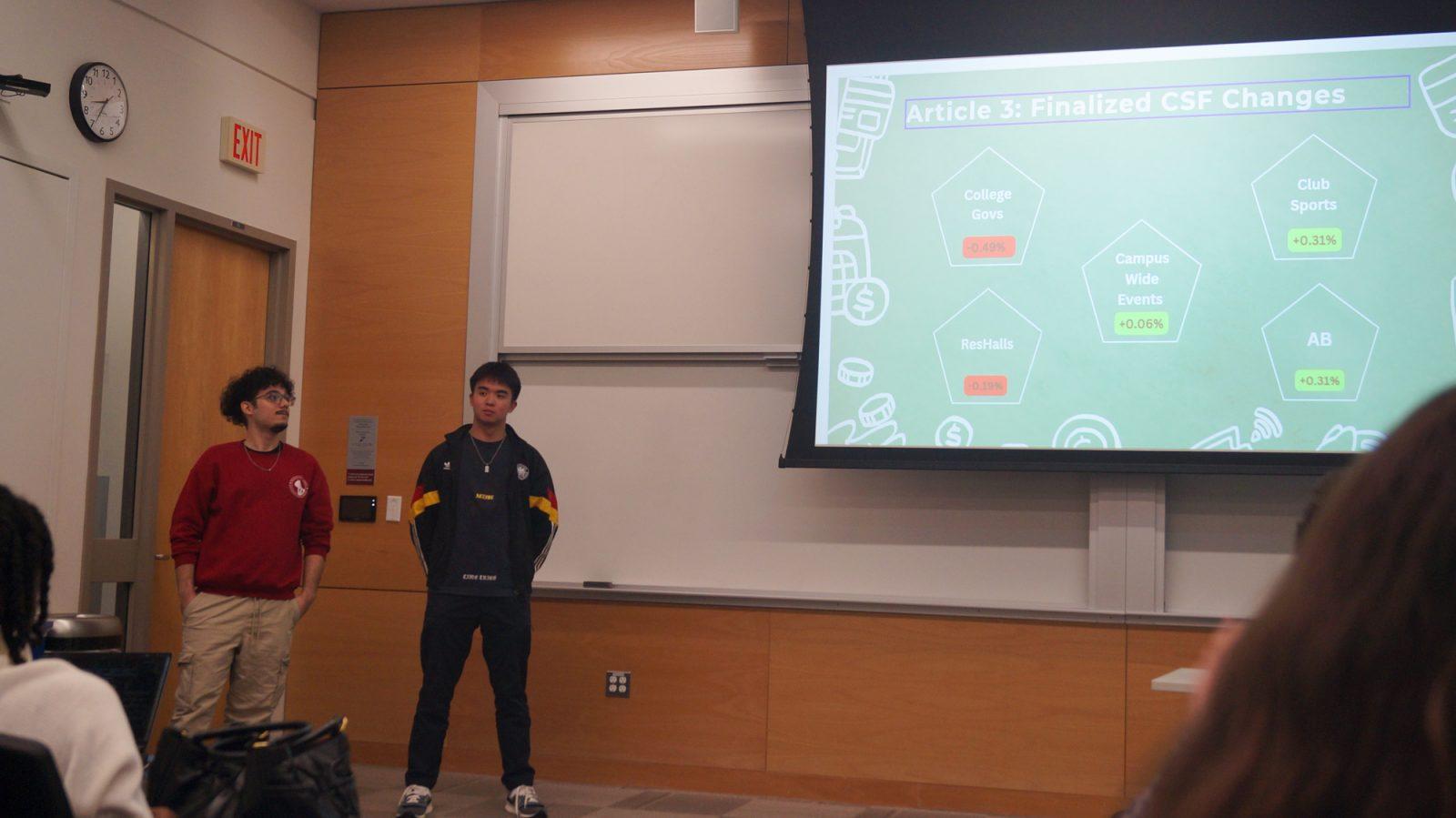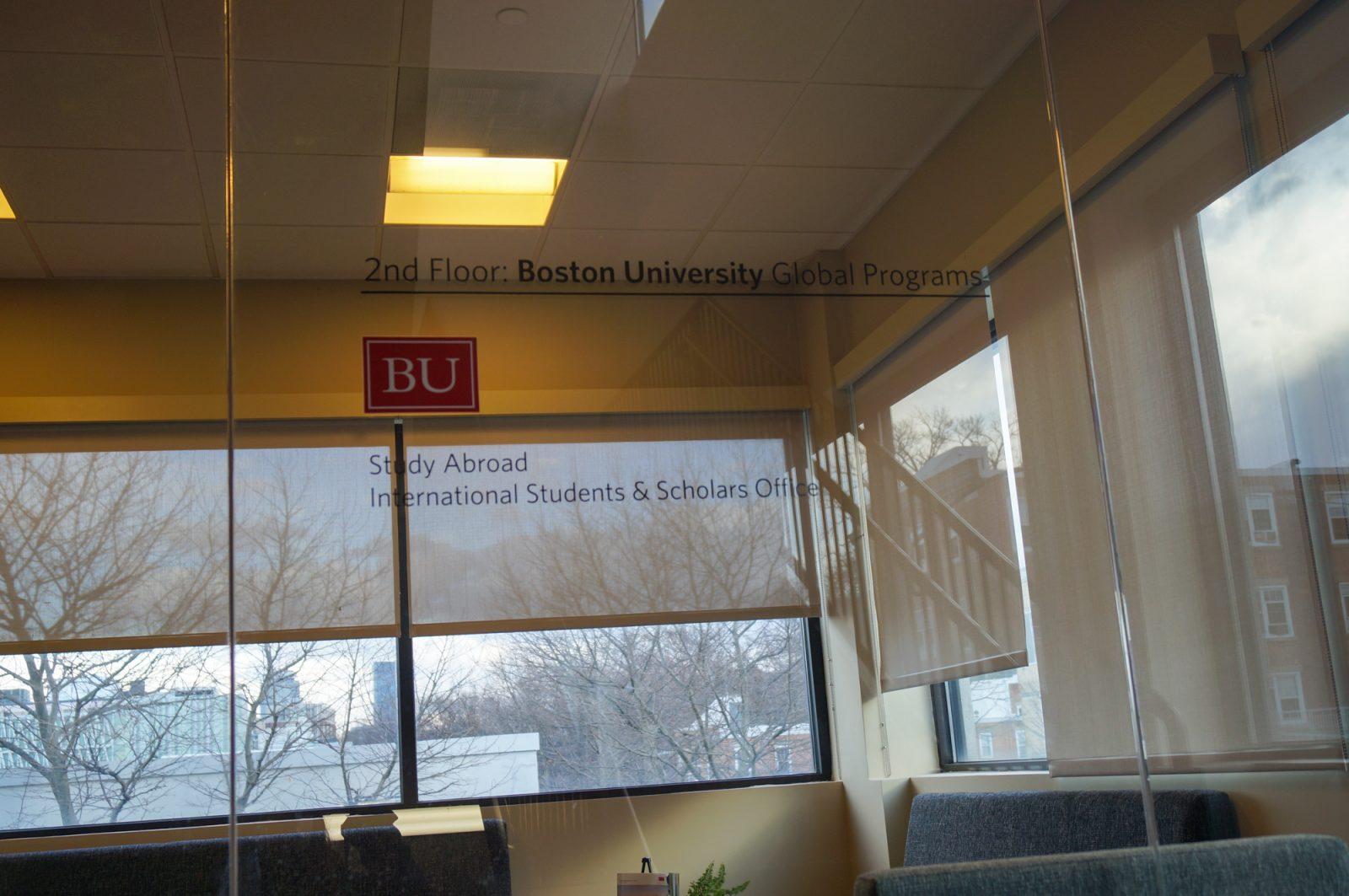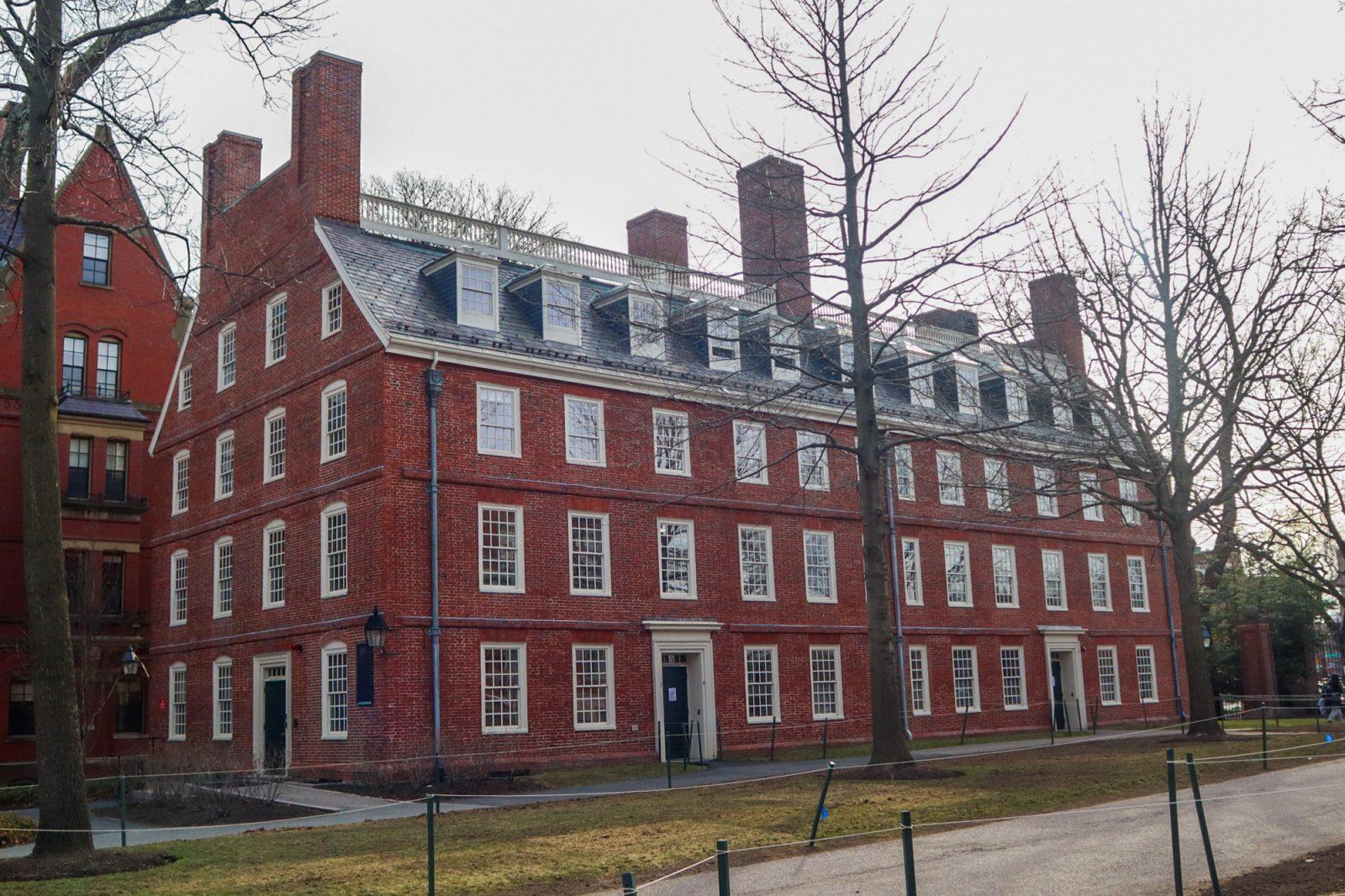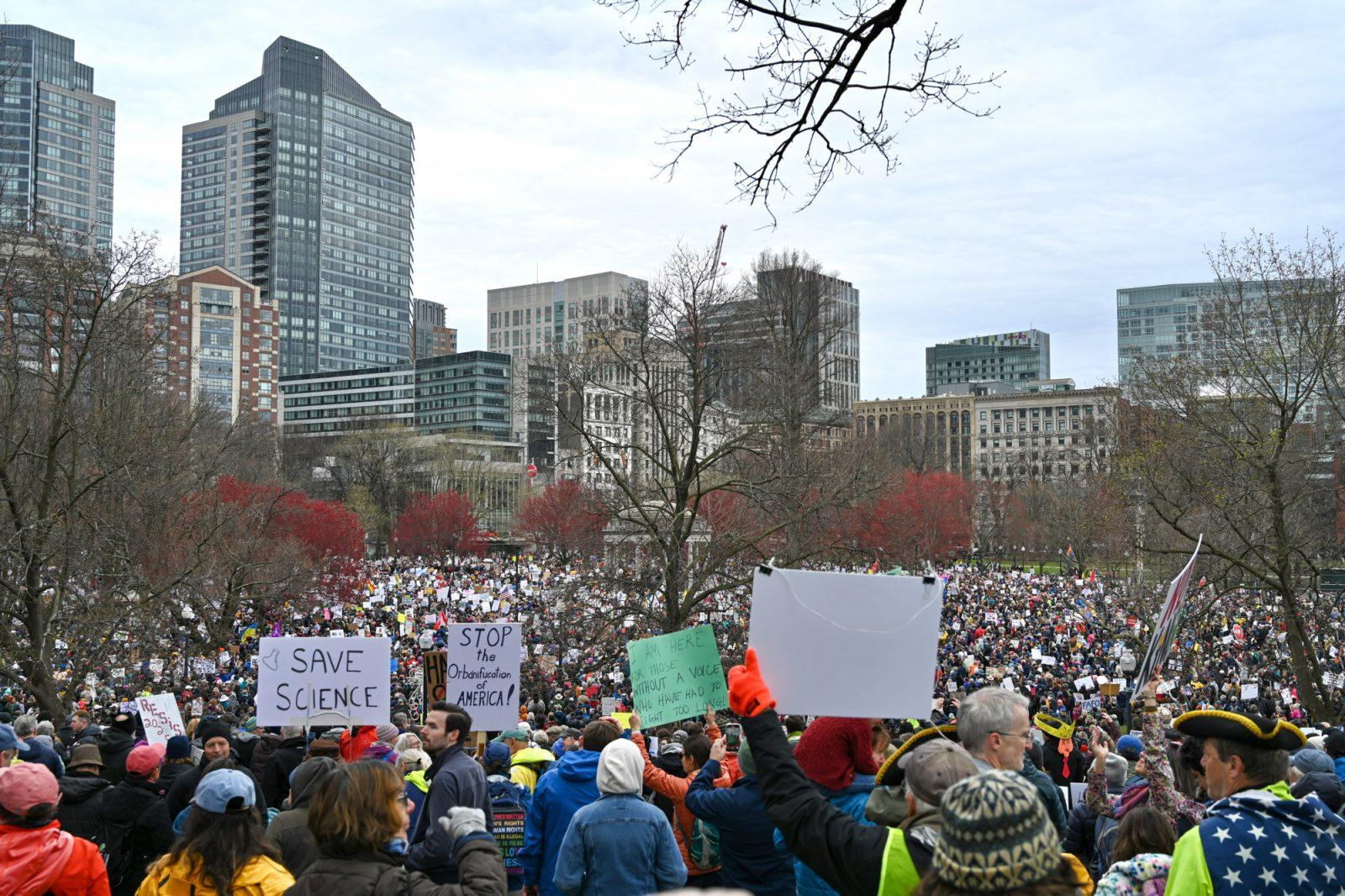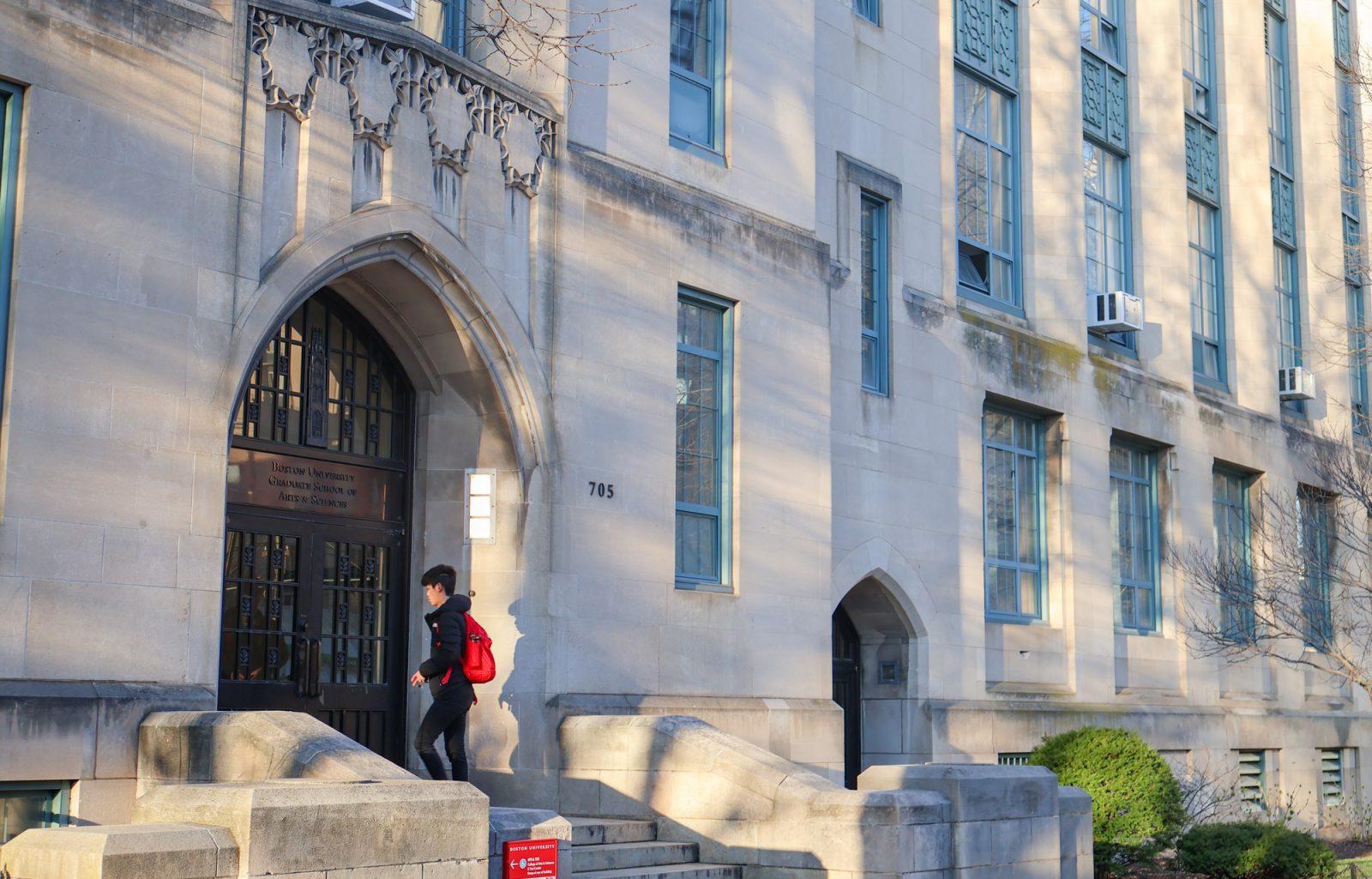Today marks the first day students can campaign for this year’s Boston University Residence Hall Senate elections.
SUEC Chairwoman Jeanette Jankiewicz said 44 candidates will compete for the 28 senatorial spots from Boston University Residence Halls. The commission is in charge of running the elections.
Voting is scheduled to begin at 5 p.m. on Wednesday in front of the dining halls at West Campus, Shelton Hall and Myles Standish Hall, and will continue until 8 p.m. Warren Towers residents will vote at the same time Thursday, and there will also be extended voting hours in the George Sherman Union link between 11 a.m. and 3 p.m. on Friday.
All votes will be submitted directly to a SUEC member at each voting location, according to an election packet SUEC gave the candidates when they officially registered their candidacy Friday afternoon.
Although 60 candidates had originally registered to run Friday, by late Sunday more than a dozen had dropped out, Jankiewicz said.
This year’s candidates were required to submit a 200-word essay expressing what they hope to achieve as senators to SUEC by 5 p.m. today, according to the packet.
SUEC will compile the essays into a book that will be available to voters at all polling locations, according to the packet.
The essays, which are new to the application process this year, aim to inform voters about the candidates and what they stand for, according to Senate Chairman Joel Fajardo, who said he proposed the idea this year.
One of the most severe problems with last year’s elections, Fajardo said, was that “people didn’t know anything about the candidates.” He said many students “just voted based on whatever looks nice on paper.”
Fajardo said he hopes the addition of the candidate essays will “increase voter turnout, at least marginally.”
Jankiewicz said none of the candidates who dropped out of the races over the weekend listed the essay as a reason. She said the most common reasons given were the high level of competition this year and an unwillingness to spend the required time performing senate-related tasks.
“Some of them didn’t realize how big a time commitment it was,” Jankiewicz said.
“There’s a lot of competition this year and they thought that they’d have a better chance running for a college government,” she said.
SUEC only governs the election of Senators from residence halls, not those who represent Boston University’s various schools and colleges, according to Jankiewicz.
Each school and college elects or appoints its own senators independently of SUEC, she said.
Although some residences such as Warren Towers have as many as eight candidates vying for its two slots, other races, such as Danielsen Hall, Myles, and 1019 Commonwealth Ave., are uncontested, she said. Every hall can elect two senators.


